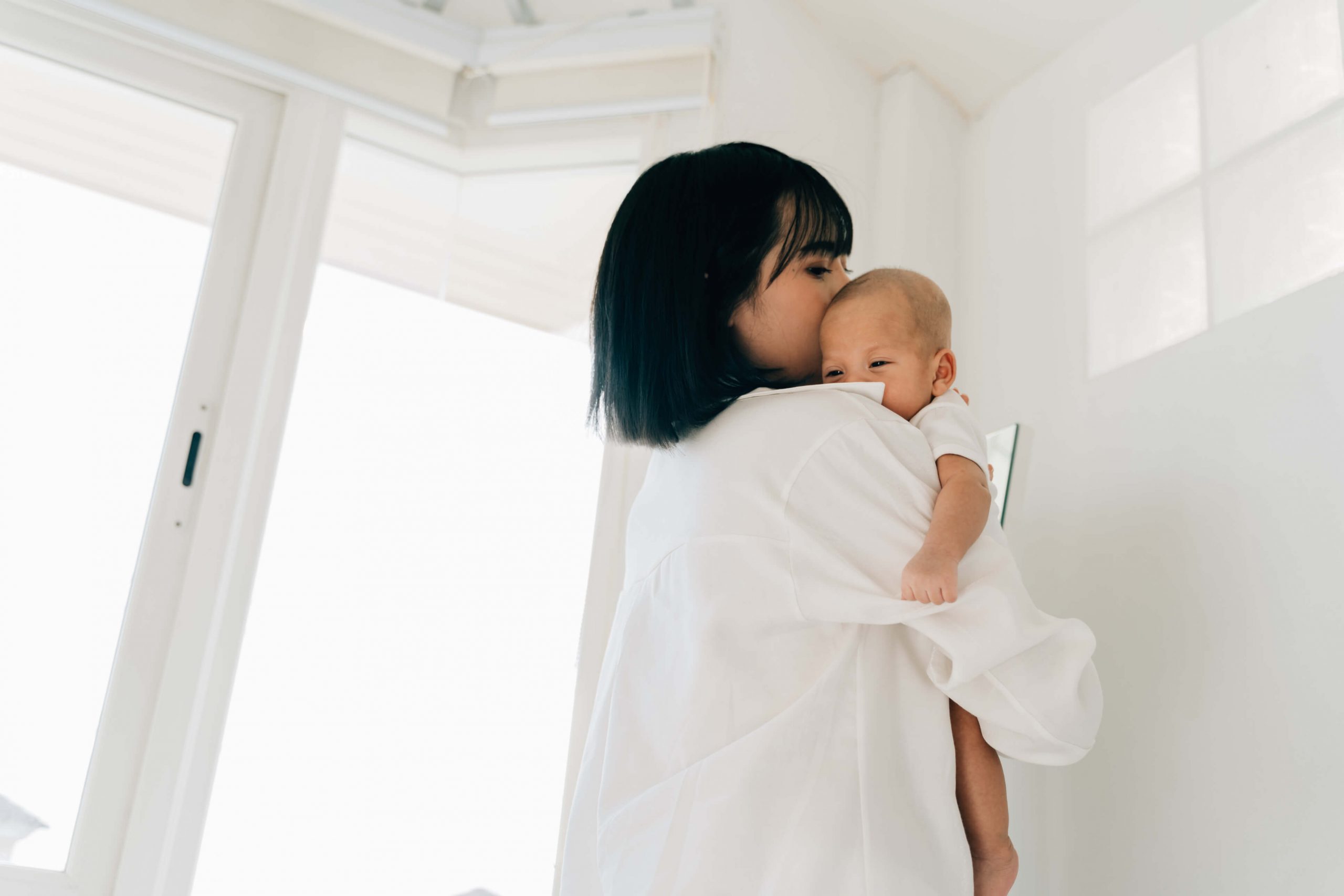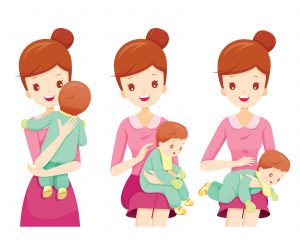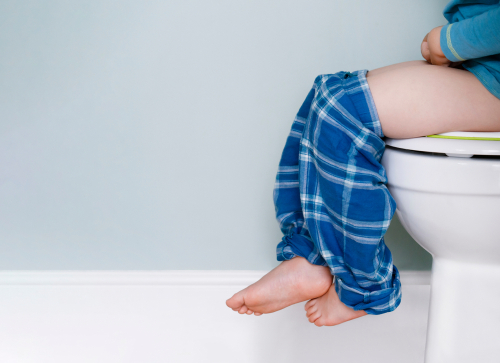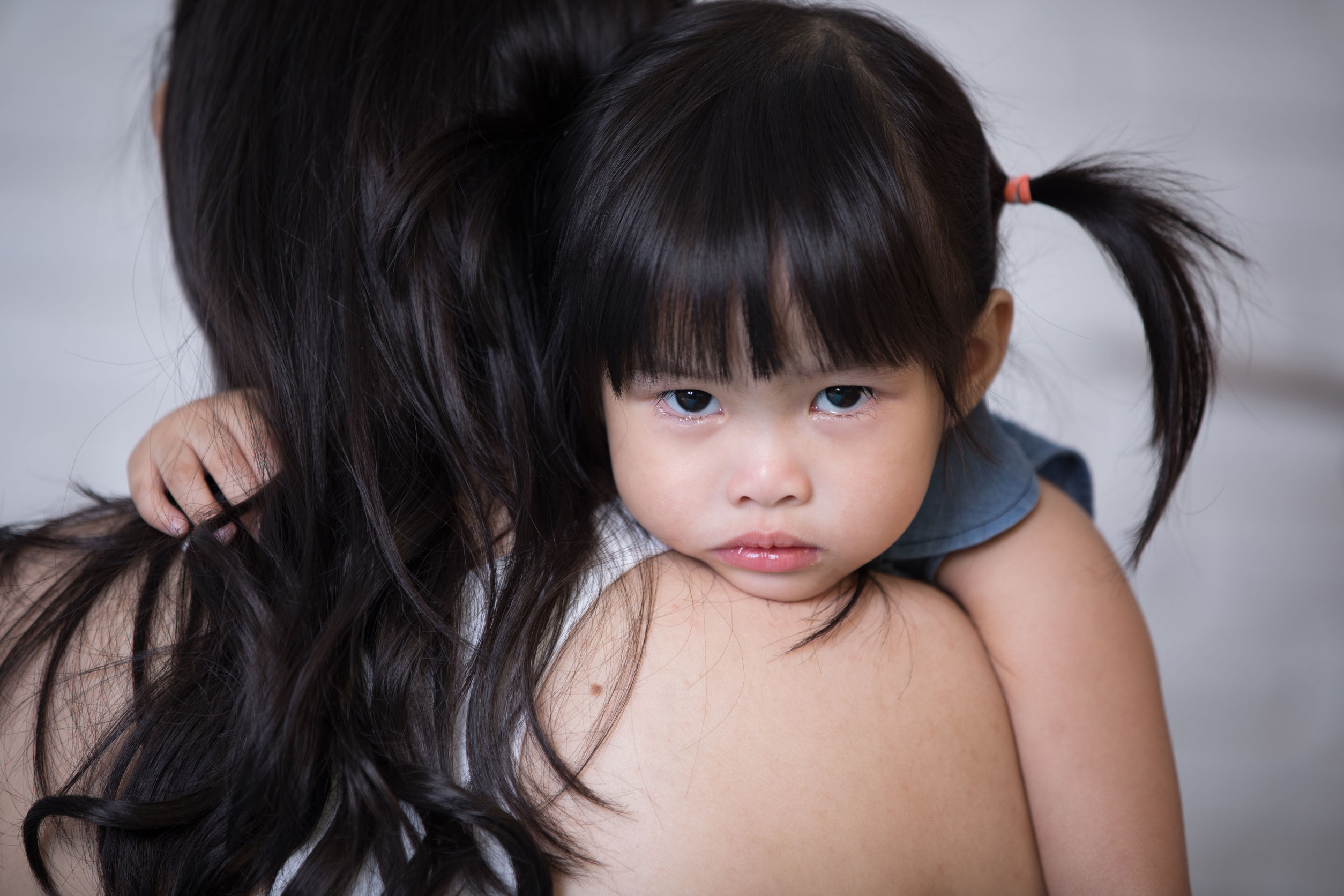Children & Parenting
Burping Your Baby: Useful Tips and Techniques

Why Is Burping Your Baby Important?
Burping is a basic but important way to take care of your baby and keep them comfortable after feeding. This is because burping helps to get rid of some of the air that babies tend to swallow during feeding. If your baby is not burped often and swallows too much air, they may feel bloated or even spit up.
When your baby drinks, it is natural for them to swallow a little air along with the breast milk or milk formula. These bubbles that are trapped in your baby’s tummy may then give rise to discomfort, causing your baby to feel full before they have really finished eating their fill. For this reason, burping your baby is an important step in the feeding process.
Much like breastfeeding and changing diapers, burping your baby is a skill that every parent should master.
When Should You Burp Your Baby?
There is no fixed time for you to burp your baby, as it depends on how your baby is feeling. Some babies may need burping during their feed, and some may need it only afterwards.
It is important to look for clues that indicate whether your baby is feeling uncomfortable or gassy. If your baby experiences discomfort while feeding, they might need a short burping break. Watch out for signs from your baby during feeding.
You should burp your baby every 5 minutes or so if they:
- Tend to be gassy
- Spit out a lot
- Appear fussy during feeding
- Suffer from gastroesophageal reflux disease (GERD)
Spitting up is not necessarily bad, as it is part of the process by which they learn to feed on their own. Nonetheless, it is a sign that some burping may be needed.
In some cases, your baby might not display any signs of bloatedness. Some parents find it helpful to try burping their babies every 60 to 90 millilitres if they are bottle-fed, or every time you switch breasts.
How to Burp Your Baby?
Burping your baby simply involves helping them release gas after feeding. To do this, you will need to gently pat your baby’s back repeatedly and coax them into burping. You may also cup your hand while patting them, which feels gentler on the baby as compared to a flat palm.
You will also need to place a towel or bib under your baby’s chin or over your shoulder and chest during burping. This will help to prevent messy cleanups when your baby spits up or has a “wet burp”.
In general, there are a few tips for burping your baby:
- Keep a burp cloth in between your clothes and under your baby’s mouth
- Keep another cloth, diaper, or bib near you in case your baby spits up
- A gentle pat or rub does the trick for most babies, but sometimes a slightly firmer touch is needed
- Focus your efforts on the left side of your baby’s back, which is where the stomach is located
- If your baby is fussing during feeding, you should burp them right away to see if it’s an air bubble that’s causing discomfort. Continued feeding may cause your baby to swallow even more air.
Best Positions for Burping Your Baby
There is no single correct method to burp your baby, and you should try different positions for burping to find out which is suitable for you and your baby. Most parents use one of the following three methods.

Over-the-shoulder
A commonly practised approach is to hold your baby’s stomach against your chest and softly pat their back. You can then gently encourage them to burp onto a towel, which helps to prevent messy cleanups when your baby spits up or has a “wet burp”. This may involve placing a towel or bib under your baby’s chin, or on your shoulder and chest.
On the lap
Another approach is to hold your baby sitting up, in your lap or across your knee. This allows you to support your baby’s chest and head with one hand by cradling the baby’s chin in the palm of your hand. By resting the heel of your hand on the baby’s chest and holding their chin, your other hand is free to gently pat your baby’s back.
On their belly
A third method involves laying your baby on your lap, with the baby lying on their belly. You would need to support your baby’s head and ensure that it is elevated in a position higher than their chest. In this position, you can then gently pat your baby’s back.
Latest Articles
How Are Abdominal Hernias Treated?
What to Expect from Colorectal Surgery
How to Treat Breast Inflammatory Conditions
Gynaecomastia: Understanding Male Breast Cancer
What to Do If Your Baby Does Not Burp?
If your baby doesn’t burp, that’s completely fine! Whether or not your baby has to burp ultimately depends on how much air they sucked in during feeding, and some babies simply don’t swallow as much air. Other babies may not be frequent burpers because they pass gas enough that they don’t need to burp so much.
However, if your baby does have air bubbles in their stomach, you should consider switching up your baby burping techniques. For example, if sitting your baby upright in your lap does not do the trick, then you should try changing positions. It is important to give other positions a shot to help your baby burp easily.
If you have been trying for five minutes and nothing comes up still, then it’s fine to stop burping your baby. In some cases, your baby might simply be unable to burp, or may refuse to cooperate with you at that moment. It is best to leave your baby be, and go along with your baby’s needs rather than try to force a burp from them.
What Age Do You Stop Burping Your Baby?
Burping and spitting up are both normal aspects of feeding your newborn, and you should expect your infant to require burping for the first 4 to 6 months after birth. This will gradually stop when your baby learns how to swallow less air during feeding. As your baby grows, he or she will be able to finish meals on their own without needing any burping breaks.
Typically, this occurs when your baby is anywhere between 6 to 9 months old and can sit up by themselves. When your baby is able to sit up for longer periods on their own, they usually begin to develop self-burping skills.
However, every baby is different and some may take a little longer before they learn how to manage burping on their own. It is always good to pay attention to your baby’s behaviour for any cues that they may need help.
Conclusion
Burping your baby is not a complicated task, and can even be enjoyable for you as a parent as you bond with your baby through feeding time. As long as you feed your baby slowly and practise enough, you’ll be able to master it in no time.
Read this next ...
WHO WE ARE
About SOG Health Pte. Ltd.
Established in 2011, SOG Health Pte. Ltd. (“SOG”) is a leading healthcare service provider dedicated to delivering holistic health and wellness services to the modern family.
With a long and established track record in Singapore providing Obstetrics and Gynaecology (“O&G”) services such as pre-pregnancy counselling, delivery, pregnancy and post-delivery care, the Group has since further expanded its spectrum of healthcare services to include Paediatrics, Dermatology, and Cancer-related General Surgery (Colorectal, Breast & Thyroid).
The Group’s clinics, under its four operating segments of O&G, Paediatrics, Oncology and Dermatology, are strategically located throughout Singapore to provide easy access to its patients.
- Obstetrics
- Gynaecology
- GynaeOncology
- Breast, Thyroid & General Surgery
- Colorectal, Endoscopy & General Surgery
- Dermatology
- Paediatrics
Consult With A Specialist From SOG
Visit one of our specialists today to learn more about your health!
Recommended Specialists
Book An Appointment
Fill up this form and our clinic will get back to you shortly.
For general enquiries, please click here.




